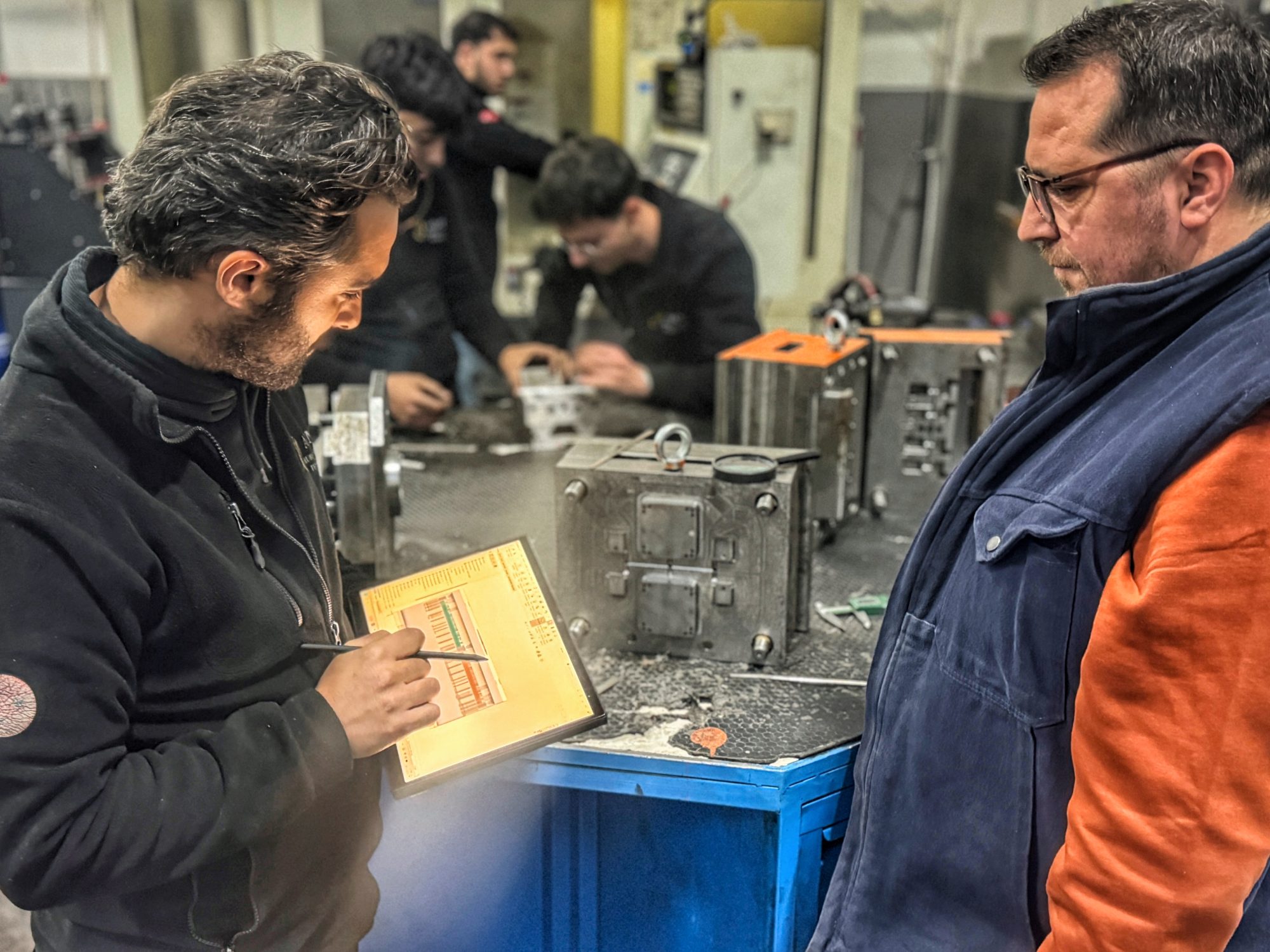📝 Introduction
Plastic parts play a critical role in industrial production, impacting product quality, manufacturing efficiency, and overall performance. Selecting the right plastic parts supplier is essential for ensuring that your final products meet industry standards. In this article, we will discuss the 5 key criteria you should consider when choosing a plastic parts supplier for your business.
⚙️ 1. Quality and Certifications
The quality of plastic parts is crucial in every stage of the manufacturing process. High-quality materials and precise production methods will ensure that your products perform optimally and stand the test of time. When evaluating a supplier, you should consider the following:
- ISO Certifications: Indicates that the supplier adheres to internationally recognized quality standards.
- Product Testing: Check whether the supplier conducts rigorous quality control tests throughout the production process.
- Material Certifications: Ensure the supplier provides certificates that verify the materials’ properties and safety.
Quality parts contribute to the durability, reliability, and longevity of your products, making it an essential factor in supplier selection.
💡 2. Delivery Times and Flexibility
Timely delivery is crucial in ensuring that your production schedule remains uninterrupted. Delays in receiving parts can cause significant disruptions, so it’s vital to evaluate the supplier’s delivery capabilities:
- Lead Times: Make sure the supplier has a proven track record of delivering products within the agreed timelines.
- Flexibility: Assess whether the supplier can accommodate rush orders or unexpected changes to your requirements.
Having a supplier who can offer fast response times and flexible delivery options ensures that your operations stay on track.
🔧 3. Pricing and Cost Efficiency
While price is an important factor, it’s essential to evaluate the overall value offered by a supplier, not just the upfront cost:
- Bulk Order Discounts: Many suppliers offer discounts on large orders, which can help reduce per-unit costs.
- After-Sales Support and Maintenance: Investigate whether the supplier offers after-sales support, including spare parts and maintenance services.
A good supplier should offer competitive pricing without compromising on quality, ensuring cost efficiency in the long run.
🏭 4. Production Capacity and Technology Usage
A supplier’s ability to handle large orders and utilize advanced manufacturing technologies is a key consideration:
- 3D Printing: Suppliers using 3D printing can offer rapid prototyping and customized solutions for unique parts.
- Automation and Robotics: Advanced manufacturing techniques such as automation and robotics can improve efficiency and reduce the risk of human error.
Additionally, ensure that the supplier has the capacity to meet your production demands, especially if you require large quantities or complex designs.
🤝 5. Customer Service and Communication
Strong customer service is essential in building a successful long-term partnership with a supplier. A supplier should offer:
- Effective Communication: Clear and open communication channels to address inquiries and concerns promptly.
- Technical Support: The ability to provide technical assistance and guidance when needed.
- Problem-Solving Ability: A supplier should be proactive in resolving issues and minimizing disruptions.
Good customer service ensures a smooth collaboration and helps you address any challenges quickly and effectively.
📌 Conclusion
Choosing the right plastic parts supplier is not just about price; it’s about finding a partner who aligns with your quality standards, delivery requirements, and long-term business goals. By considering factors like quality, delivery times, pricing, production capacity, and customer service, you can make an informed decision that benefits your company’s productivity and success.
Remember, a reliable supplier is key to ensuring the efficiency and quality of your manufacturing process. Choose wisely to guarantee the success of your business.

